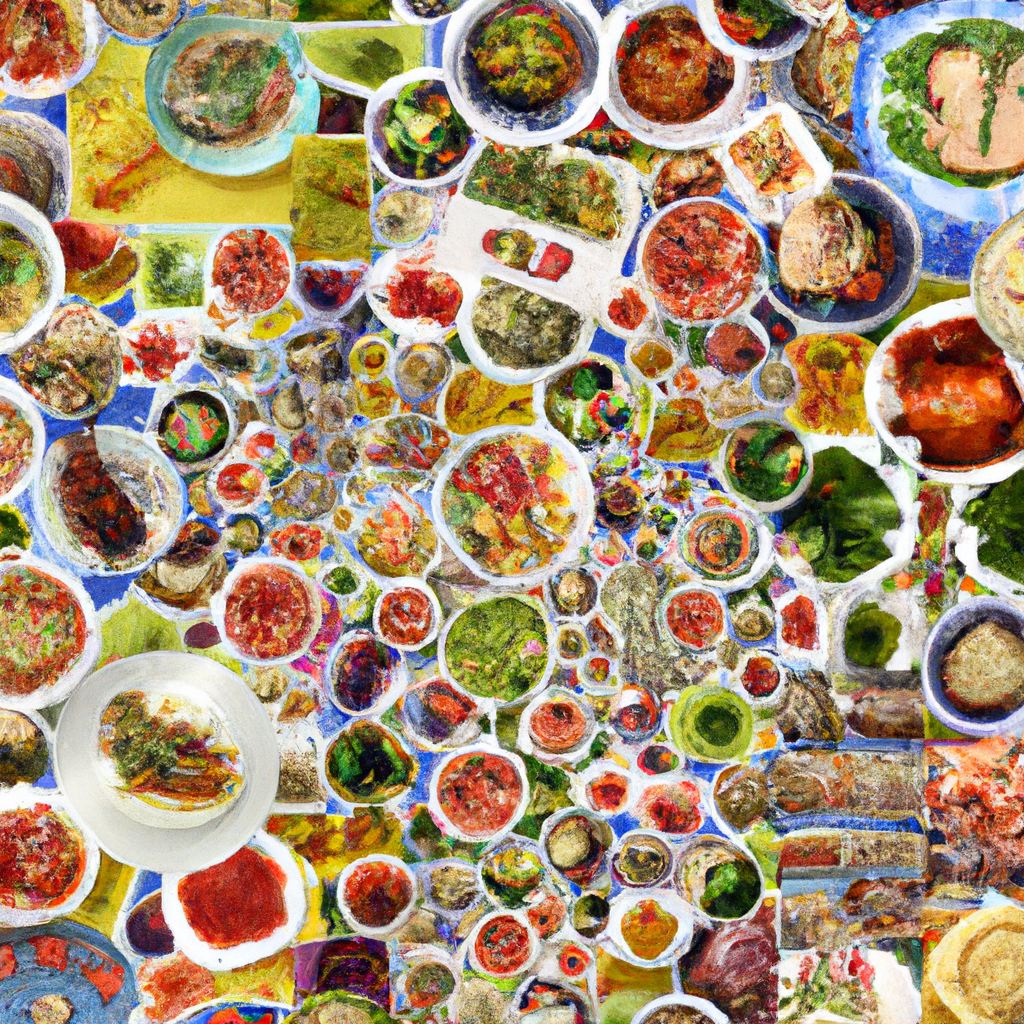
Food is an essential part of our daily lives, providing nourishment and sustenance. But beyond its basic function, food has had a profound impact on human history and culture. From ancient civilizations to modern societies, the way we grow, prepare, and consume food has shaped our traditions, beliefs, and even our social structures. In this article, we will explore the unexpected influence of food on human history and culture, diving into fascinating stories and uncovering the lesser-known connections between food and our past.
The Dawn of Agriculture: How Food Changed Everything
The transition from a nomadic lifestyle to settled agriculture marked a turning point in human history. As early humans discovered the art of farming, they gained control over their food supply, leading to the development of permanent settlements and the birth of civilization. The cultivation of crops like wheat, rice, and maize not only provided sustenance but also allowed for surplus production, enabling trade and specialization in other areas.
The Spice Routes: A Taste of Globalization
Spices have long been prized for their ability to enhance the flavor of food, but their influence extends far beyond the taste buds. The search for spices, such as pepper, cinnamon, and cloves, led to the exploration and colonization of distant lands. The spice routes became major trade routes, connecting East and West and facilitating cultural exchange. Along these routes, ideas, technologies, and even diseases were exchanged, shaping the course of history and linking diverse cultures.
The Potato: A Humble Tuber That Transformed Nations
While often overlooked, the humble potato has had a significant impact on human history. Originating in the Andean region of South America, the potato was introduced to Europe in the 16th century. Its high nutritional value and ability to grow in various climates made it a staple food for many European nations. The potato’s affordability and productivity helped combat famine, leading to population growth and urbanization. It also played a crucial role in the Industrial Revolution, as it provided a cheap source of calories for the growing working class.
Food as a Symbol of Power and Prestige
Throughout history, food has served as a symbol of power, wealth, and social status. Elaborate feasts and banquets were common among the nobility and aristocracy, showcasing their opulence and abundance. The ability to provide lavish meals was seen as a display of one’s wealth and influence. Even today, certain foods and culinary practices are associated with prestige, such as caviar, truffles, and haute cuisine.
The Culinary Arts: A Reflection of Cultural Identity
Cuisine is a reflection of cultural identity, and every region has its own unique culinary traditions. From the spicy flavors of India to the delicate artistry of Japanese cuisine, food tells a story about the people who prepare and consume it. Traditional dishes often incorporate local ingredients and cooking techniques that have been passed down through generations, preserving cultural heritage and fostering a sense of belonging.
Food as a Catalyst for Social Change
Food has the power to bring people together, transcend boundaries, and spark social change. Throughout history, food has been at the center of social and political movements. The Boston Tea Party, for example, was a protest against British taxation on tea, symbolizing the desire for independence. More recently, food movements advocating for sustainable farming, organic produce, and fair trade have gained momentum, reshaping the way we think about food production and consumption.
Conclusion
In conclusion, food has had a far-reaching influence on human history and culture. From the dawn of agriculture to the spice routes that connected the world, from the transformative power of the potato to the symbolic value of food in social hierarchies, and from the culinary arts as a reflection of cultural identity to food as a catalyst for social change, the impact of food cannot be overstated. By understanding the historical and cultural significance of food, we gain a deeper appreciation for the role it plays in shaping our world. So next time you sit down for a meal, take a moment to reflect on the hidden stories and connections that lie within your plate.



